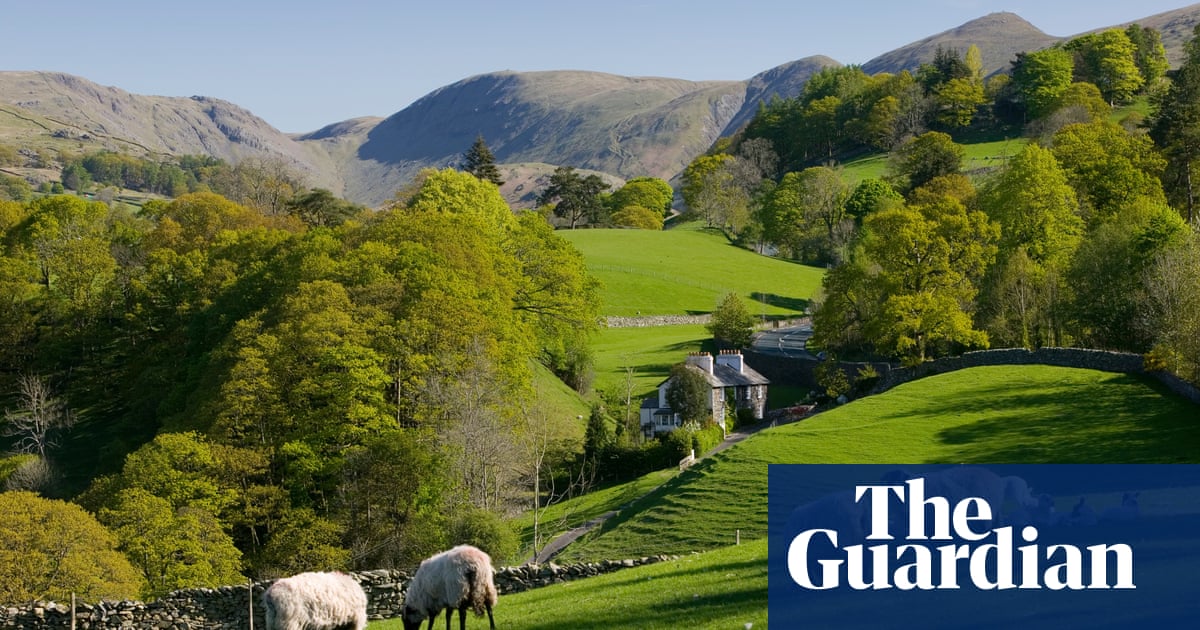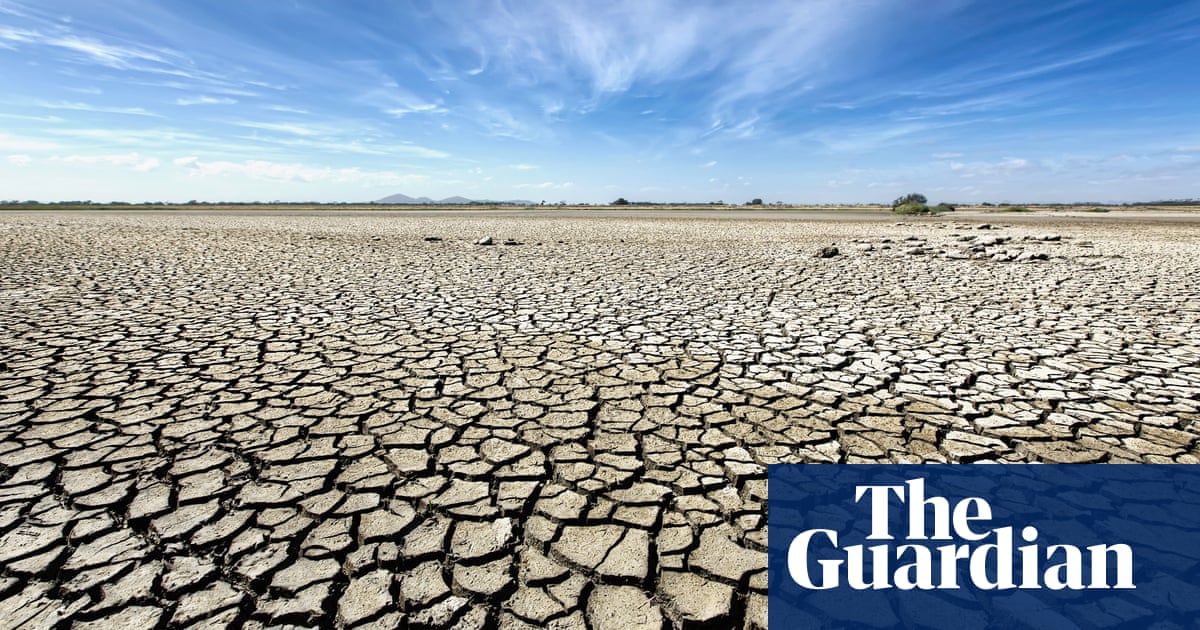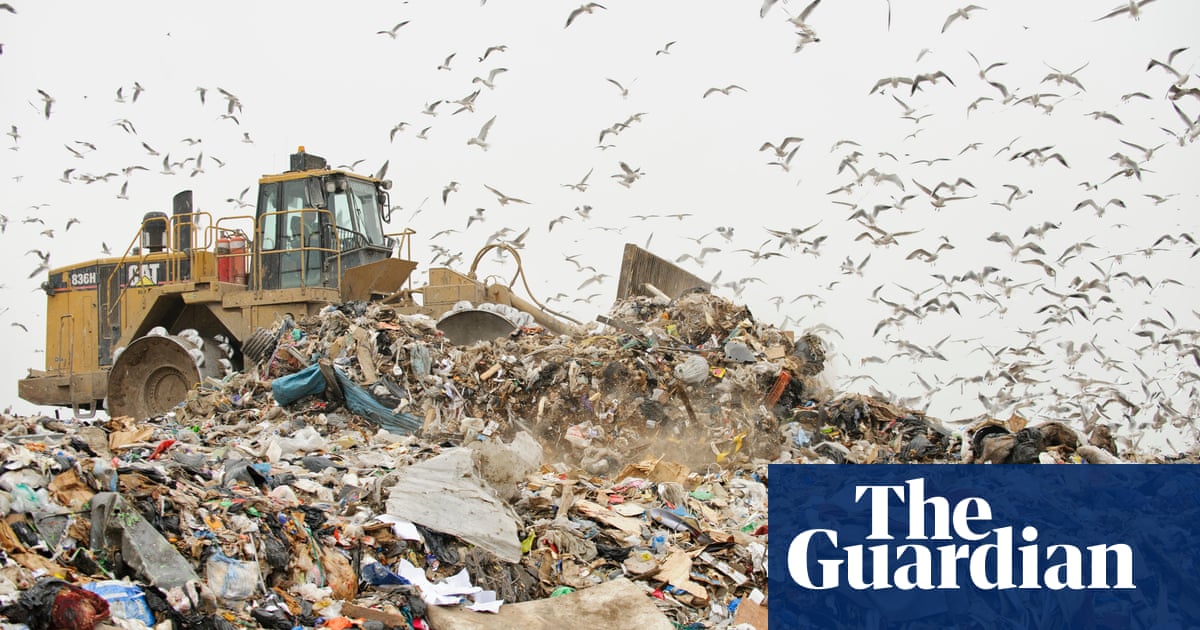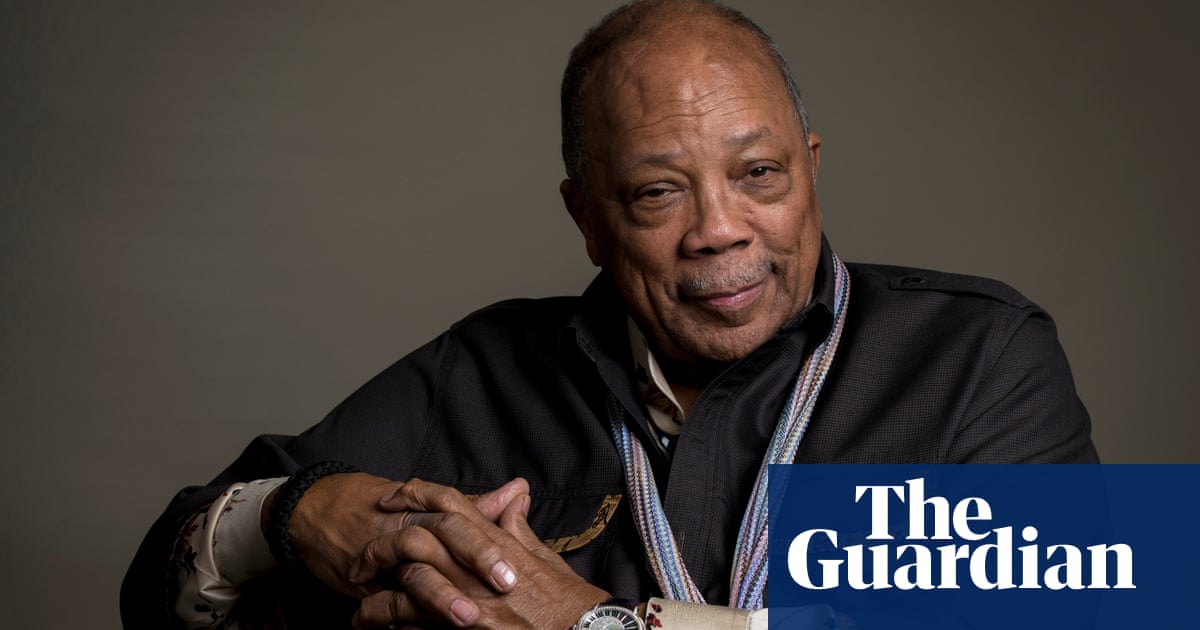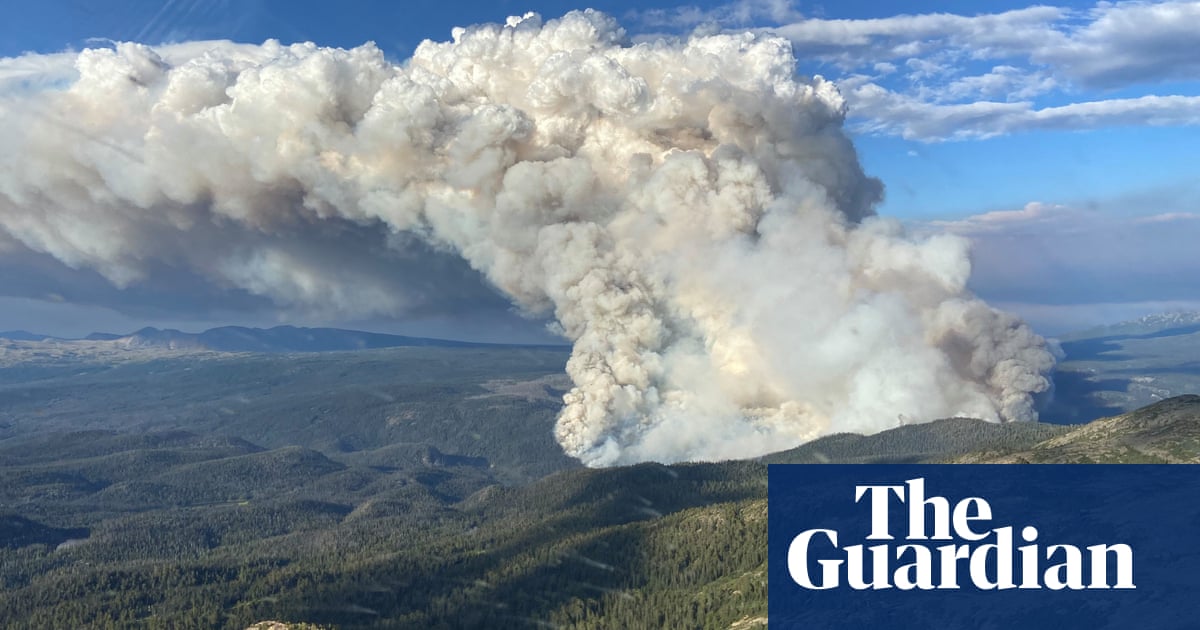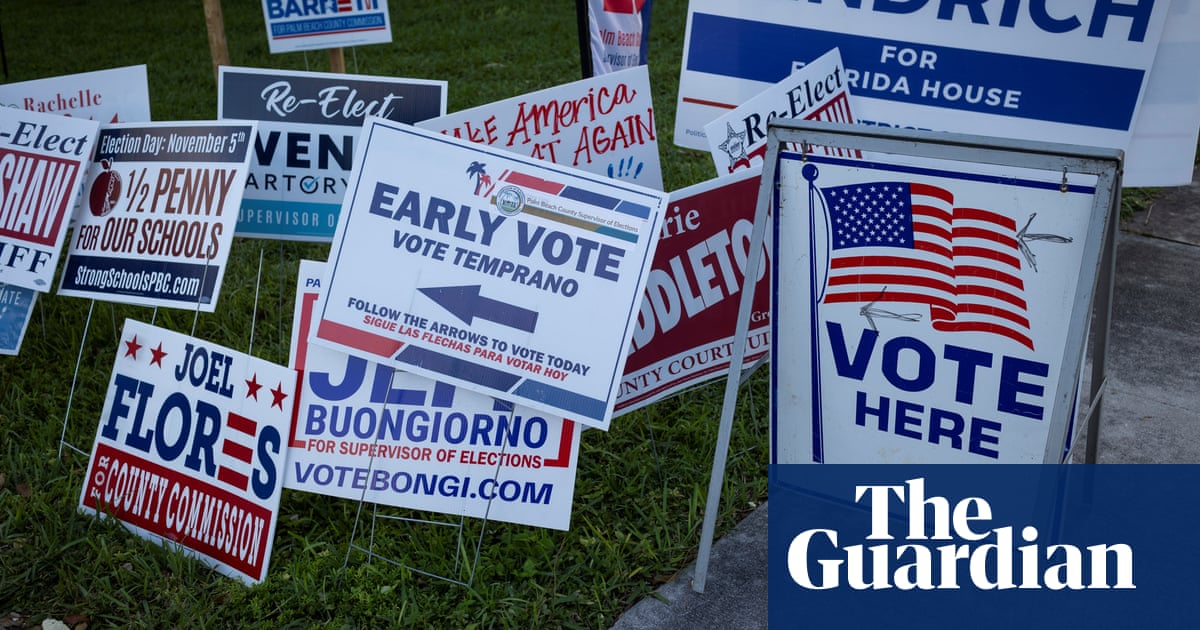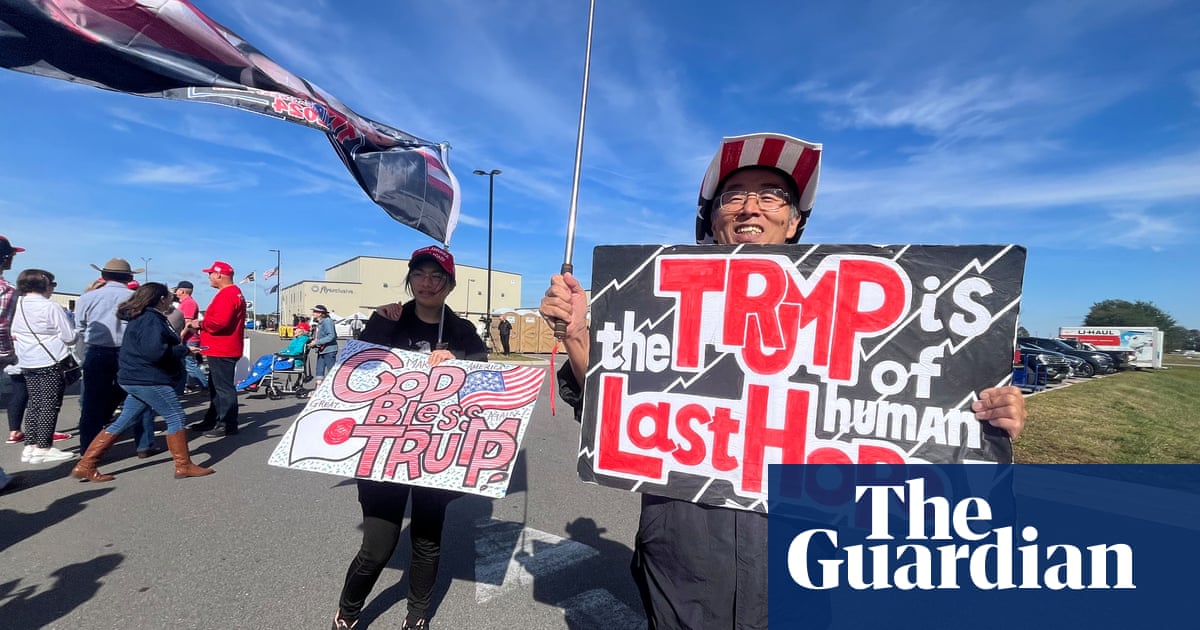The government argument that just one-third of farmers will be affected by the new inheritance tax rules is in direct conflict with data produced by the its own environment department, according to the head of the farmerâs union, as the row over inheritance tax for farmers continued.
The announcement in Rachel Reevesâs budget last week of plans to remove the Agricultural Property Relief inheritance tax exemption from farms worth more than £1m has been met with a storm of fury from across the farming industry and suggestions of âmilitant protestâ.
In an emergency meeting with the environment secretary, Steve Reed, on Monday, the NFUâs president, Tom Bradshaw, demanded the new rules be withdrawn and put to consultation with the agricultural industry and Defra experts so that a solution that does not sting family farms can be found.
The original aim of the tax, when brought in, said experts, was to stop wealthy people buying up farmland to avoid inheritance tax. Prominent farming figures James Dyson and Jeremy Clarkson have come out against the tax change. But some experts including tax policy writer Dan Neidle and Paul Johnson from the Institute for Fiscal Studies said it would be a good idea to close the loophole.
However, the Treasury numbers the analysis is based on are being questioned. The chancellor last week claimed that 72% of farms would be unaffected. The NFU argues that cash-poor, medium-sized family farms will be unaffordably hit if the rate remains at £1m, and pointed to Defra figures, which it said indicated that the true percentage of farms affected by the APR changes will be 66%.
The Treasuryâs assumption was based on former claims for APR but many assets on farmland were claimed for under a separate inheritance tax relief scheme â BPR, according to the union, and the new regime joins these schemes together. The NFU said that the Treasury has therefore undervalued many of the UKâs farms and the Defra data is more accurate. This data was worked out recently when farms were applying for subsidy after the UK left the EU farm payments system and they had to register their value and size with Defra.
Bradshaw said the Treasury and Defra agreed in the meeting to go away and come up with the âtrue figureâ.
Bradshaw said farmers were furious after Reed promised before the budget that there would be no changes to APR, so businesses were unable to prepare for the shock.
after newsletter promotion
He told journalists on Monday: âThey do not understand the immediate impacts this having to intergenerational farms. Some very, very concerned successful businesses have a parent involved who is in their 80s but the person running the farm is in their 50s. The assets are still in the ownership of the older family member. We have seen some in ill health who will not live seven years to utilise the gifting rules. It is unbelievable the pressure they are putting on the industry. To make this change now, to rip the rug out from under the farming industry, I donât see how they can justify it.â
The NFU usually advises its members not to protest but Bradshaw warned that âmilitantâ action may be taken over this.
âThe outrage from rural communities is like nothing we have ever seen before. They are talking about militant action. Weâve always said, donât protest, but we canât say to people donât do that now. We will be doing our mass lobby for people who have a meeting with a constituency MP but I know others are doing other things,â he said, adding that 190,000 people have signed a petition against the changes.
The NFU policy chief, Nick von Westenholz, explained: âIn a very best-case scenario with spouses using all of their allowances itâs true they can claim up to £3m but in most instances that will not be the case. Not all farm business owners are married. One of the spouses could have other assets which use up the £1m threshold. So it is not a reasonable figure to say that it will be available for most farms. Good policy should be based on the reasonable worst case scenarios rather than best case scenarioâ.
A government spokesperson said: âWe understand concerns about changes to Agricultural Property Relief and the Defra secretary of state and exchequer secretary to the Treasury met with NFU president Tom Bradshaw today. Ministers made clear that the vast majority of those claiming relief will not be affected by these changes. They will be able to pass the family farm down to their children just as previous generations have always done.
âThis is a fair and balanced approach that protects the family farm while also fixing the public services that we all rely on. We remain committed to working with the NFU and listening to farmers.â
